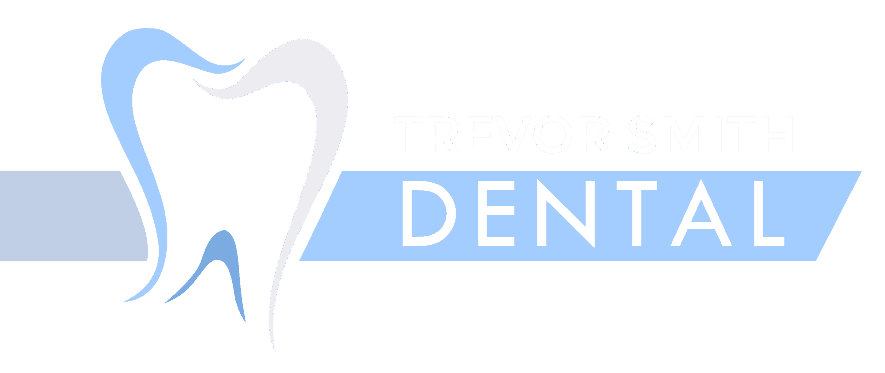Stress and anxiety is the main cause of bruxism, or what is more commonly called teeth grinding. Whereas some people know when they are feeling stressed or anxious, most people, regardless of the cause, do not know they are grinding their teeth.
The condition, as a result of stress is more common than you might think. Research has shown that 70% of adults developed bruxism because of a stressful work environment.
According to the Bruxism Association, other causes of teeth grinding include:
- Smoking
- A heavy alcohol and caffeine intake
- Depression
- Sleep disorders such as snoring or sleep apnea
If you experience any of the following symptoms, you should visit a dentist:
- Headaches
- Facial pain
- Ear ache
- Stiffness in the jaw
- Worn down teeth
- Broken teeth or fillings
The cause of your bruxism will determine the treatment. This is why it is important to visit a dentist who can conduct a dental exam to determine whether or not you have bruxism and what has caused the teeth grinding. From this exam, the dentist will be able to develop a specialised treatment plan for you.
Custom made appliances, such as mouth guards, bite plates, night guards, occlusal bite plates and occlusal splints can be worn to protect the teeth from further damage. These devices are made from plastic and are worn on either the bottom or the top row of teeth during the night. The appliances also aim to prevent muscular pain in the jaw and face that can cause headaches and temporomandibular joint pain. If a sleep disorder is the cause of your bruxism, you may be required to wear a mandibular advancement device. These devices typically bring your bottom jaw forward, which stops the grinding, as well as aids in alleviating snoring and sleep apnea.
Although a number of devices can prevent your teeth from becoming worn down and fractured, behavioral management is the best treatment for stress related bruxism. Treatment options include relaxation techniques, meditation, psychoanalysis and hypnosis.
.

Recent Comments